1. Never Open the Refrigerator or Freezer Door
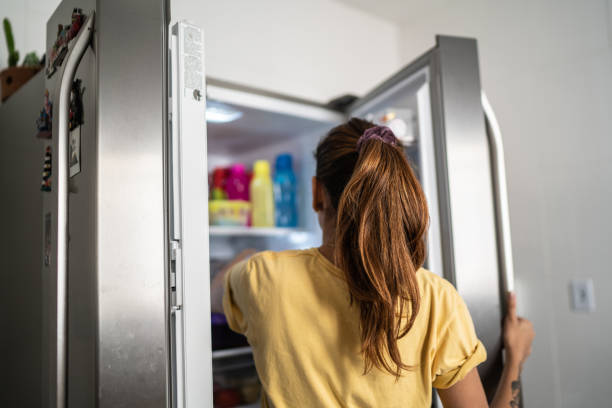
Every time you open the door, cold air rushes out, and warm air rushes in, drastically speeding up the rate at which your stored food will spoil. A refrigerator will generally keep food safely cold for up to four hours if the door stays closed, while a full freezer can maintain its temperature for around 48 hours (24 hours if half-full). By keeping the doors sealed, you maximize the safe storage time for perishable items like meat, dairy, and leftovers, preventing the food from entering the “danger zone” where harmful bacteria multiply rapidly.
2. Never Use Candles as Your Primary Light Source
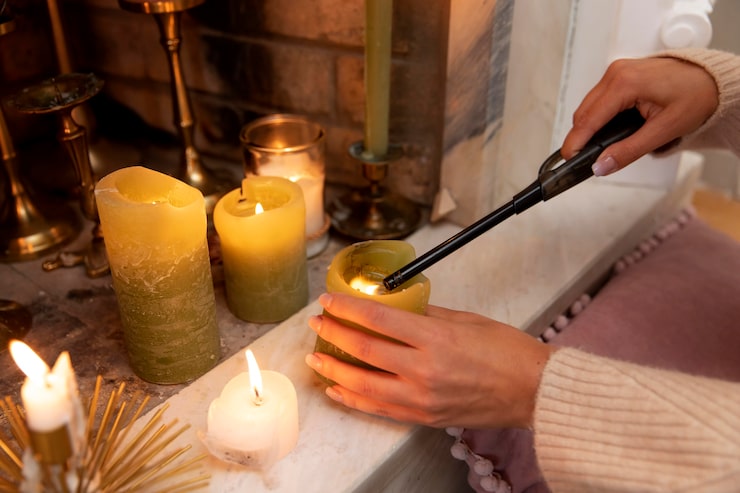
While they provide an appealing glow, candles pose a significant fire hazard, especially in a dark environment where your footing may be uncertain. According to the National Fire Protection Association, candles are the heat source for thousands of residential fires annually. It is far safer to rely on battery-powered flashlights or lanterns, which eliminate the danger of an open flame being knocked over by a pet, a child, or a clumsy moment, significantly reducing the risk of a house fire during an already stressful event.
3. Never Use a Gas Stove or Oven to Heat Your Home
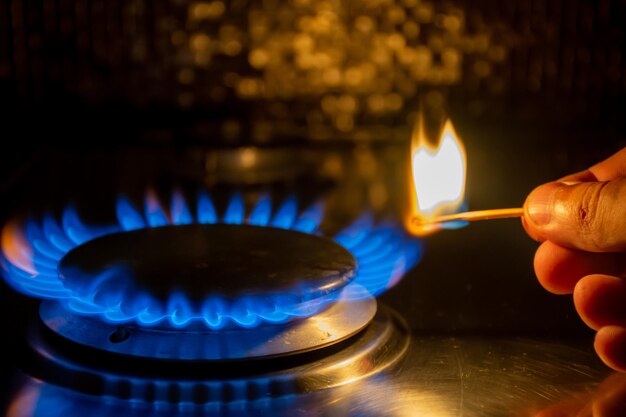
Trying to heat your home with a gas appliance designed for cooking can quickly lead to dangerous levels of carbon monoxide (CO) buildup. Carbon monoxide is a colorless, odorless gas that is deadly. Using a stovetop or oven for prolonged periods without proper ventilation risks CO poisoning for everyone inside, and it is also highly inefficient for heating an entire home. For warmth, it is much safer to dress in layers, use blankets, or, if necessary, seek shelter at a community-designated warming location.
4. Never Run a Portable Generator Inside or Too Close to Your House
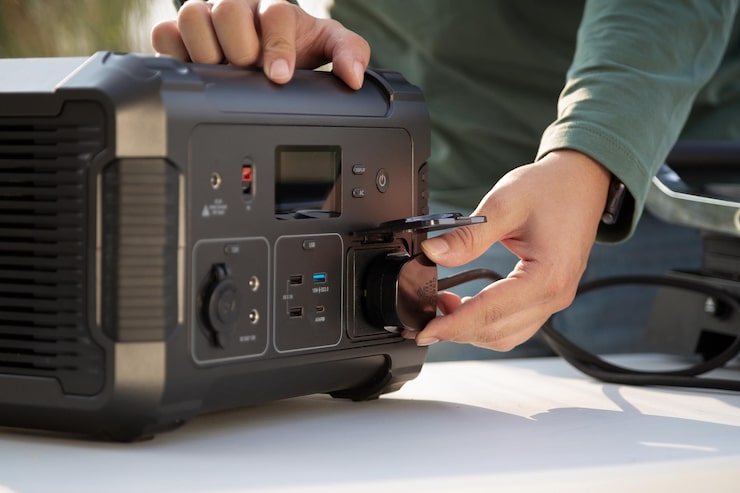
Generators must be used exclusively outdoors and placed at least 20 feet away from windows, doors, and vents to prevent exhaust fumes from entering your home. Like a gas stove, a running generator produces a high concentration of toxic carbon monoxide. Even in a garage with the door open, the risk of deadly fumes seeping into living areas is too great. The safest practice is to always operate a generator on a dry, open surface away from the structure and ensure you have working, battery-powered CO detectors installed in your home.
5. Never Touch a Downed Power Line or Anything Touching It
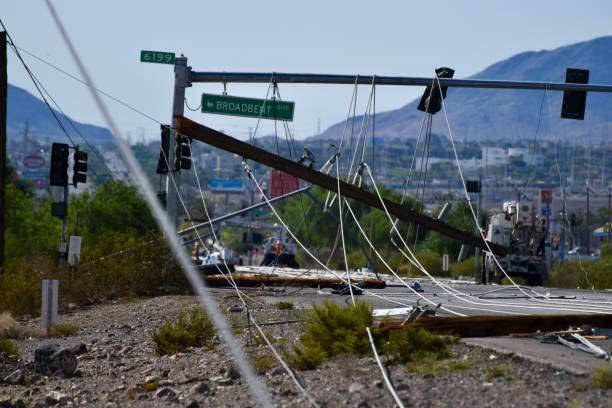
Every downed power line should be treated as live and extremely dangerous, even if you do not see sparks or hear buzzing. The electrical current can travel through surrounding objects and even the ground nearby. Stay at least 35 feet away, and immediately call your electric utility company or emergency services to report the hazard. Attempting to move or even approach a fallen line risks electrocution, which is often fatal; this is a job that only trained utility crews can safely handle.
6. Never Drive Through Flooded Streets, Especially Near Power Lines
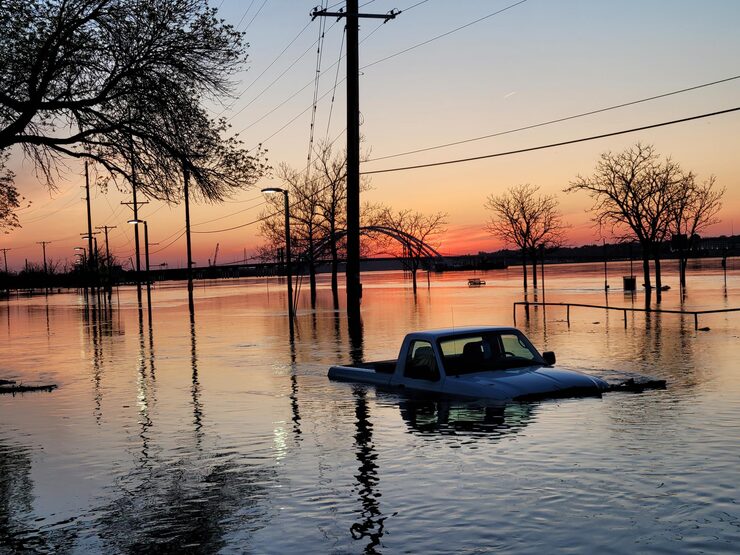
If heavy rain or a storm accompanies the outage, avoid driving or walking through standing water. Not only can swiftly moving water carry away your vehicle or knock you off your feet (a phenomenon known as “Turn Around, Don’t Drown”), but floodwater could also be electrically charged if downed power lines are submerged beneath the surface. The water may hide deep sinkholes, sharp debris, or contaminants like raw sewage, making any unnecessary entry extremely risky for your health and safety.
7. Never Assume Your Cordless Phone Will Still Work
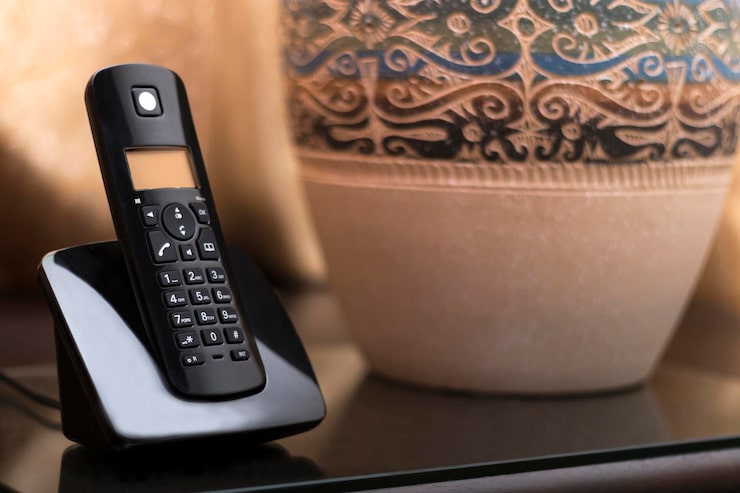
While most traditional corded landline telephones draw power directly from the phone line and will continue to work during an outage, cordless phones rely on an electrical base unit to function. If you are relying on a landline for communication, make sure you have at least one corded telephone plugged in, as cordless models and mobile devices will eventually run out of battery. This is a critical safety distinction, as a working corded phone can be your only link to emergency services if cell towers are also affected.
8. Never Leave Appliances Plugged in When Power Is Restored
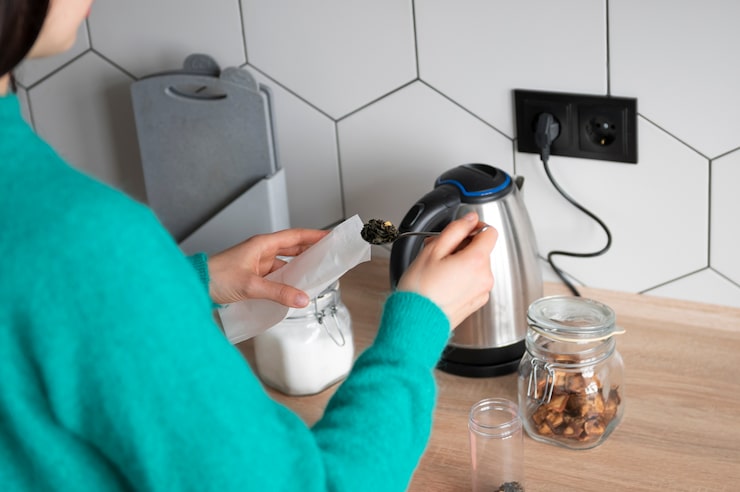
When electricity is restored, it often returns with a momentary surge or spike that can severely damage sensitive electronics and major appliances. Before the power comes back on, it is a smart move to unplug computers, televisions, microwaves, and air conditioners. This protects them from potential electrical damage. You can leave one lamp plugged in to serve as a visual indicator that the power has returned, after which you can safely plug in your other devices one by one.
9. Never Use an Elevator
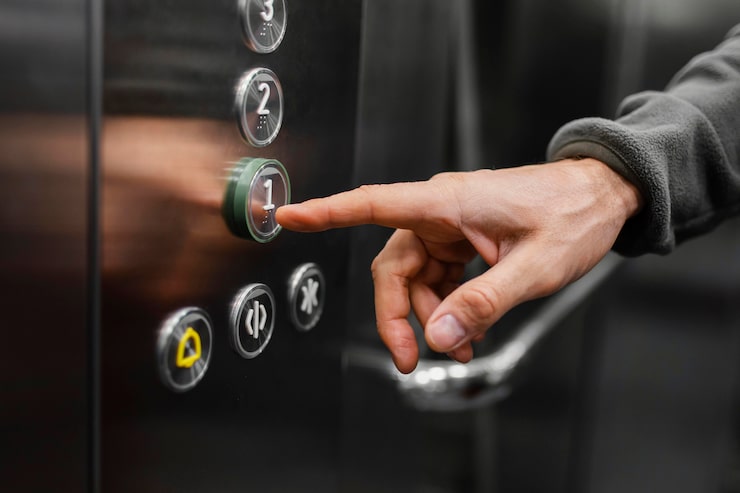
If the power is out, you should never get into an elevator, even if it is currently functioning on emergency power. An elevator may stop abruptly between floors if the temporary power source fails or if the main power restoration is unstable. This would leave you trapped and requiring a potentially complex and lengthy rescue. Stick to the stairs for getting around, even if it is less convenient, as it ensures your ability to exit safely.
10. Never Drain Your Phone Battery on Non-Essential Activities

A charged cell phone is one of your most valuable emergency tools, offering a connection to news, weather updates, and emergency services. Resist the urge to use it for streaming, gaming, or general social media scrolling. To conserve battery, dim the screen, close all unnecessary apps, and switch to low-power mode. You need to save that battery life for essential communication, especially if the outage lasts longer than expected or if an urgent situation arises.
11. Never Delay Checking on Vulnerable Neighbors
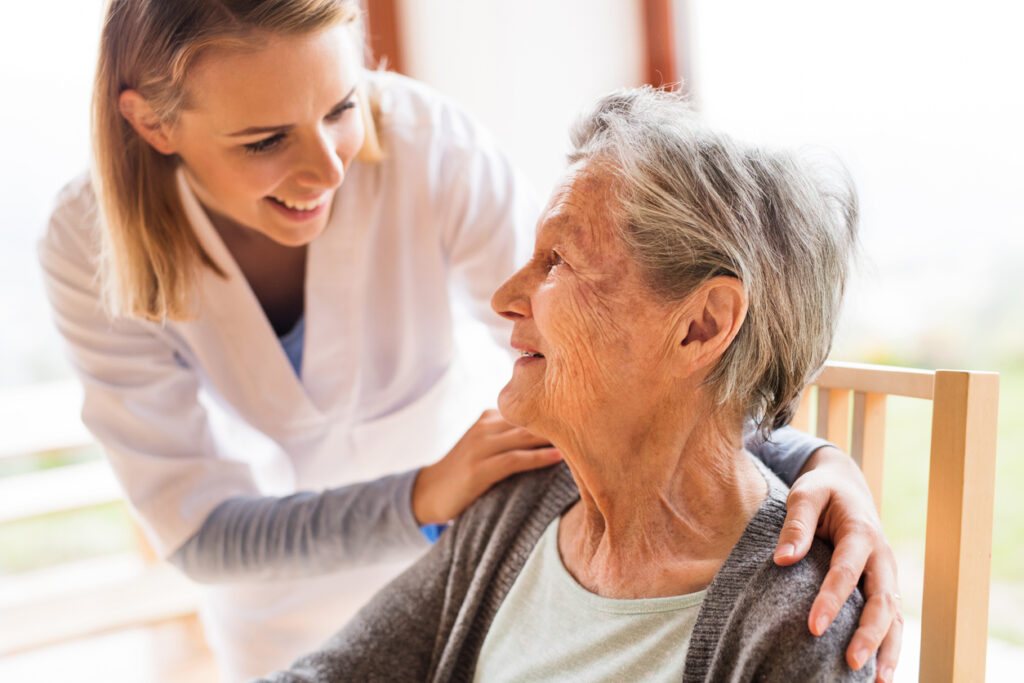
A power outage can be particularly dangerous for older adults, individuals with medical conditions, or those who rely on power-dependent medical equipment. Never assume they are fine. Take a moment to check on your vulnerable neighbors to ensure they are warm enough, have safe drinking water, and have access to any necessary battery backups or alternative support. Community care is an important part of safety during any widespread emergency event.
12. Never Wait to Report the Outage
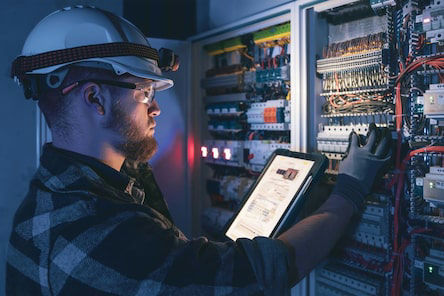
While you may assume your utility company already knows, an unreported outage can lead to a delay in repair and restoration efforts for your specific area. As soon as you realize the power is out, contact your electric utility through their official reporting line, website, or app (if you can access it safely). Providing your specific location helps their dispatchers prioritize repairs, ensuring that crews are sent out as efficiently as possible to get the lights back on for everyone.
We hope this guide gives you the confidence and clarity needed to handle the next power outage safely. Remember, a little preparation and knowing what not to do can make all the difference in keeping your home and family secure until the power returns.
Like this story? Add your thoughts in the comments, thank you.
This story 12 Things You Should Never Do During a Power Outage was first published on Daily FETCH


